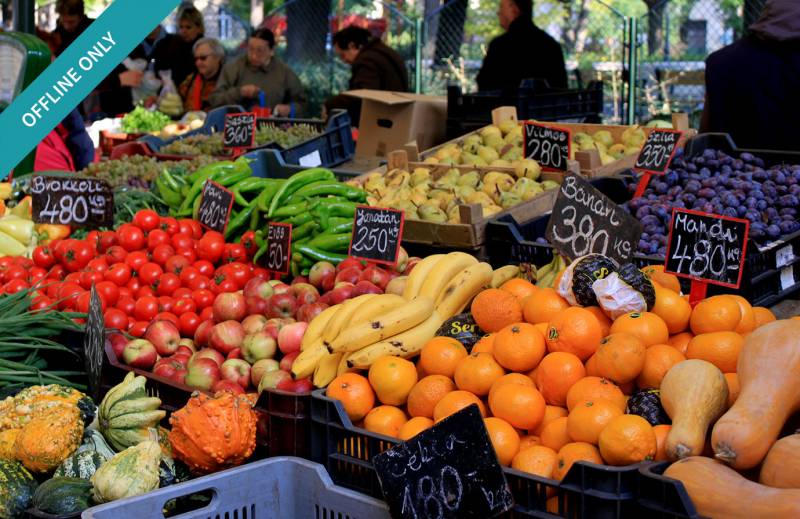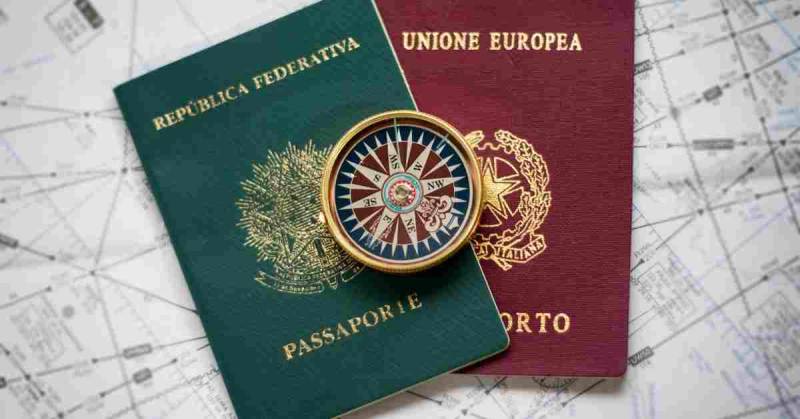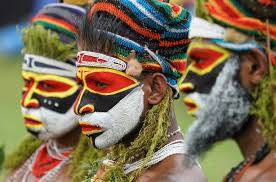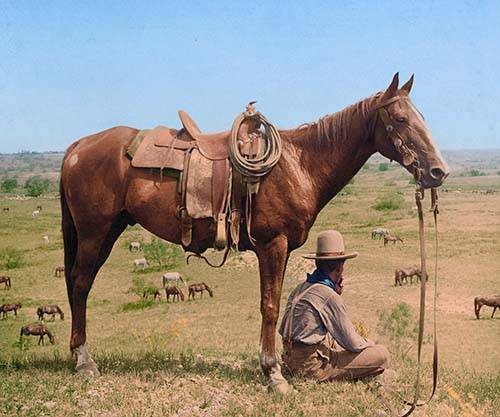A Yoruba adage is stated as “Aye loja; orun nile”. This proverb means that the earth is a marketplace and heaven is home. This Yoruba proverb reveals many facets, both literally and figuratively.
In a now-defunct radio broadcast by the BBC titled “Story Story Voices From The Market”, we are welcomed to the quintessential marketplace, with stories emerging from the scenes that embrace the personal struggles and politicking of the common man.
Read Also: Lagos announces partial closure of Marine Bridge for 4 months
Based on African mysticism, the marketplace is beyond the physical as we know it. It is a meeting place for everyone, even the dead and the unborn. In Ben Okri’s book, The Famished Road Azaro the central character, said, “This was the first time I realized that it wasn’t just humans who came to the market places of the world. Spirits and other beings come here too. They buy and sell, browse and investigate.” This quotation mirrors the marketplace in the mythical sense.
One spiritual aspect found in the marketplace is revealed through myths. Myths are usually stories that shape the understanding of cultures and, in this case, discerning African cosmology. Such narratives often speak of stories in the night market. Telling tall tales of how bending over between your legs gives you a peek into another realm where people walk upside down. But hey!!! While doing this, be sure not to get caught.

As you can tell, in African cosmology, the marketplace could stand as a hub for occultic practices. For instance, in Nigeria, some people believe that certain markets like Alaba have spirits roaming around them, especially at night. Such sinister sentiments, regardless of their absurdity, still guide the conduct of the marketplace and often hinge on cultural nuances.
The marketplace is also that point of convergence where cultures meet. Even though it is a structured trading place, where goods are transported from one country to another, social interactions have taken place and have been attributed to the influence of religions. The interaction of cultures in the marketplace could also be found in the trans-Atlantic slave trade and Arab slave trades, where Islam is believed to have spread to the continent of Africa.
The Trans-Atlantic Atlantic trade had commodities like sugar, coffee, tobacco, rice, and cotton, but slaves were also part of the marketable goods to be sold in the market.
It should be noted that the market is the central piece that forms the social life of many people. It is in buying and selling that the latest fashion is discussed and many cats are let out of the bag or even a cat fight ensues. Also, it is a place where dirty linens and much more are washed.
The legendary novelist Chinua Achebe depicted the marketplace in Things Fall Apart as the connection between the nine villages that make up Umuofia. It is a place where the villagers are summoned by the town crier.
This same marketplace, like a chameleon, becomes the meeting point where decisions and sensitive issues are discussed. It is the same marketplace where the Umofia elders met to discuss the killing of a daughter of Umuofia by the Mbaino people.
In the poem Abiku by Wole Soyinka, the marketplace is seen in the use of the term cowries; an old African currency. The use of the cowries alludes to the ability of the mythical character; Abiku to travel from earth(the present marketplace) to the magical realm(magical marketplace)
Going again to the art that imitates and mirrors life, Wole Soyinka’s The Lion and the Jewel set off with a market scene.
From prehistoric times to now, it cannot go unnoticed that the marketplace has evolved beyond the physical to online platforms and many more growing aspects of the marketplace.
The marketplace is a subtle and integral part of human existence that has played many roles in every facet of humanity. It is an avenue that captures both the conceptual idea of an enchanted space for the living, the dead and the unborn.




